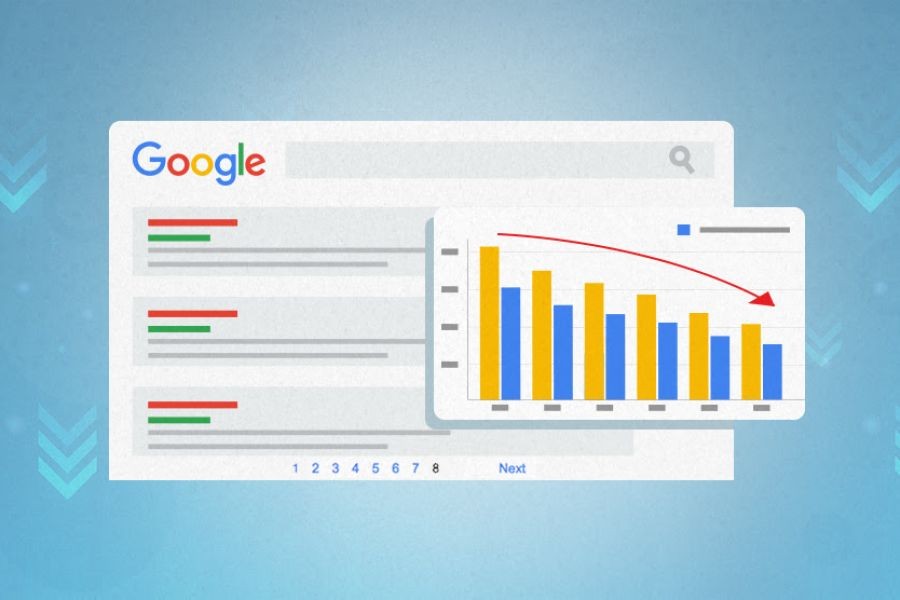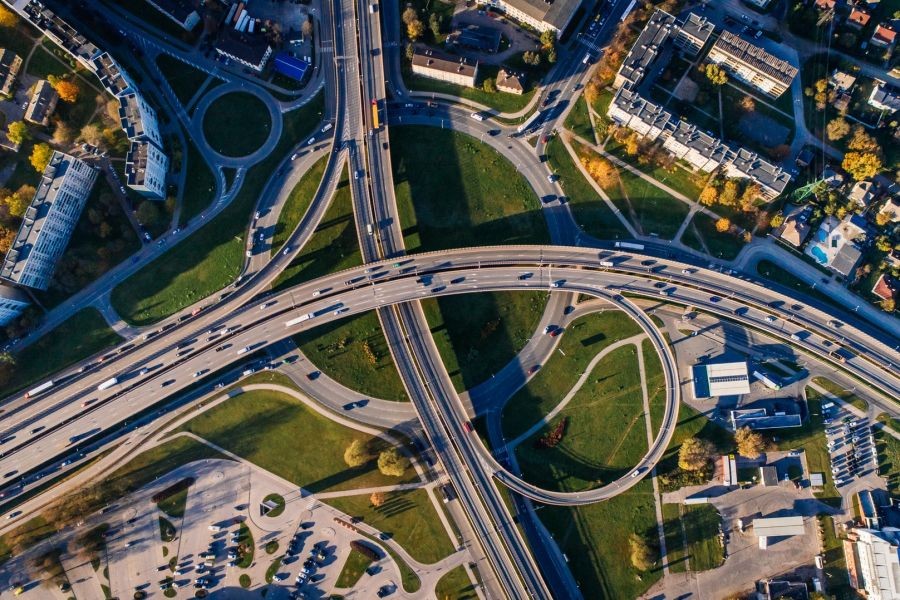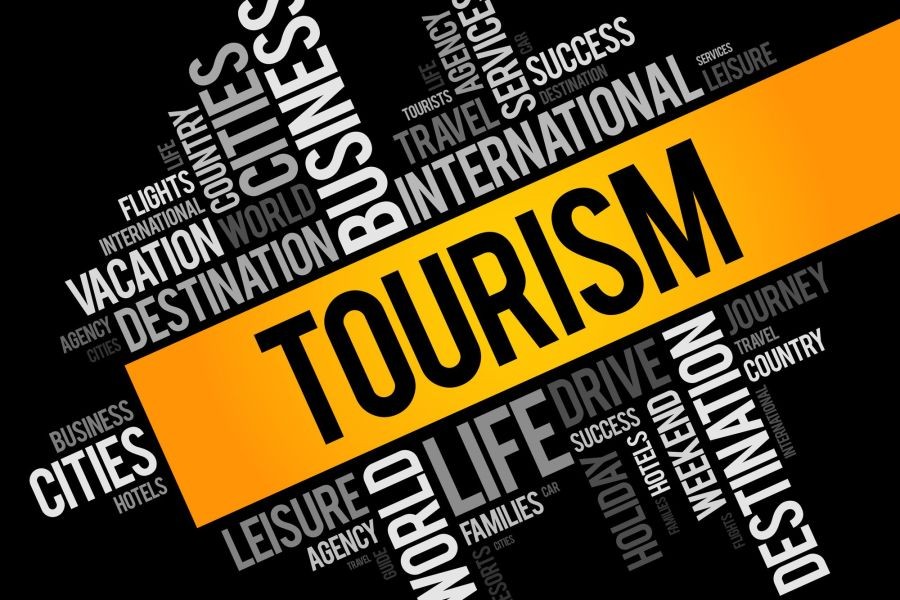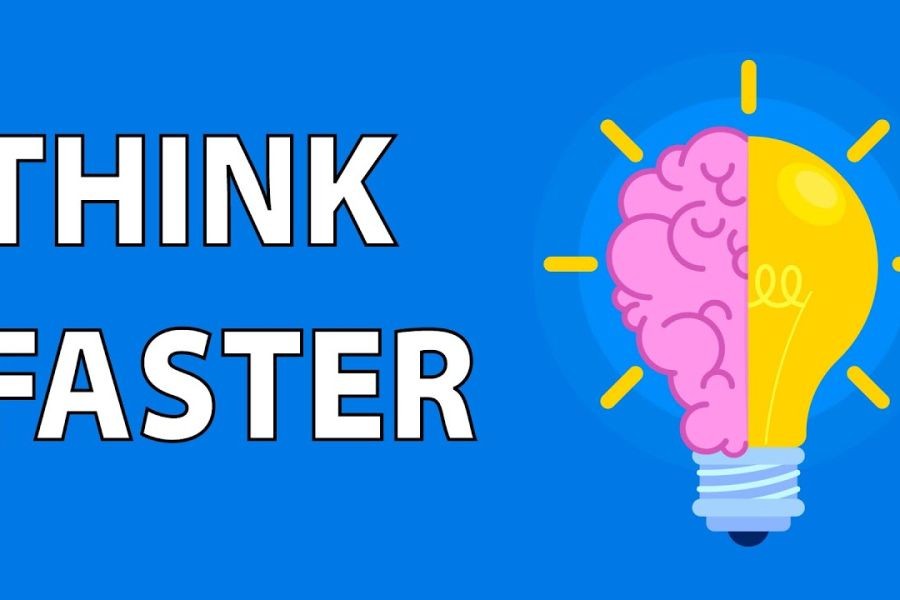Imagine a future where accessing quality healthcare in New Zealand's rural areas no longer feels like an uphill battle. Recent advancements in artificial intelligence (AI) are turning this vision into reality, providing solutions that could significantly enhance patient care in these often-overlooked regions. As rural health services grapple with challenges such as workforce shortages and geographic isolation, AI offers a beacon of hope. This article delves into how AI can transform healthcare delivery in New Zealand's rural communities, backed by data, real-world examples, and expert insights.
The Current State of Rural Healthcare in New Zealand
Rural healthcare in New Zealand faces unique challenges. According to the Ministry of Health, approximately 20% of the population lives in rural areas, yet these regions struggle with limited access to healthcare professionals and facilities. A 2023 report from the New Zealand Institute of Rural Health highlights that rural patients often travel long distances for basic services, leading to delayed diagnoses and treatment.
AI-Powered Solutions: Bridging the Gap
Artificial intelligence is poised to address these challenges by enhancing diagnostic accuracy, streamlining administrative tasks, and providing virtual consultations. A study by the University of Auckland in 2022 found that AI-driven diagnostic tools can reduce diagnostic errors by up to 50%, enabling earlier interventions and improved patient outcomes.
Case Study: AI in Diagnostic Imaging
Problem: A rural clinic in Otago faced a shortage of radiologists, resulting in delayed imaging results.
Action: The clinic implemented AI-powered radiology software to assist with image analysis.
Result: The turnaround time for diagnostic imaging results decreased by 40%, greatly improving patient care efficiency.
Key Takeaways: AI can augment limited human resources in rural settings, ensuring timely and accurate medical diagnostics.
Data-Driven Insights: The Impact of AI
AI's potential to revolutionize rural healthcare is supported by compelling data. According to Stats NZ, AI implementation in healthcare could save the sector approximately NZD 1.6 billion annually by reducing unnecessary tests and procedures. Furthermore, a report by Deloitte predicts that AI adoption could improve the productivity of healthcare professionals by 20%, allowing them to focus more on patient care.
Balanced Perspectives: Opportunities and Challenges
While AI presents tremendous opportunities, it's crucial to consider the challenges. A common concern is the potential loss of jobs to automation. However, research from the Future of Work NZ 2024 shows that AI is more likely to complement rather than replace healthcare roles, creating new opportunities for upskilling and career advancement.
Contrasting Viewpoints
Some experts argue that AI may lead to depersonalized care, but proponents highlight its ability to augment human capabilities, allowing healthcare professionals to spend more time on patient interaction. This balance between technology and human touch is key to successful AI integration.
Debunking Myths: The Truth About AI in Healthcare
- Myth: AI will replace doctors in rural areas.
- Reality: AI is designed to assist healthcare professionals, not replace them. It enhances diagnostic accuracy and efficiency, allowing doctors more time for patient care.
- Myth: AI implementation is too costly for rural clinics.
- Reality: While initial investments are required, AI solutions can lead to significant cost savings in the long run, as evidenced by the NZD 1.6 billion potential savings annually.
Which of these myths did you believe before reading this? Drop your thoughts below!
Future Trends: AI's Role in Shaping Rural Healthcare
Looking ahead, AI's role in rural healthcare is expected to grow. By 2026, policy updates may further encourage AI adoption, fostering innovation and improving healthcare access. As AI technology becomes more sophisticated, its integration into healthcare systems will likely redefine the landscape of rural medical services in New Zealand.
Final Takeaways
- 💡 Insight: AI can significantly improve diagnostic accuracy and efficiency in rural areas.
- ✅ Fact: AI implementation could save New Zealand's healthcare sector NZD 1.6 billion annually.
- 🔥 Strategy: Rural clinics should consider AI to augment limited healthcare resources.
- ❌ Mistake to Avoid: Assuming AI will replace human roles entirely; instead, it complements them.
- 💼 Pro Tip: Investing in AI can lead to long-term cost savings and improved patient outcomes.
Conclusion
AI stands as a transformative force in rural healthcare, offering solutions that enhance patient care while addressing the unique challenges faced by New Zealand's rural communities. As AI technology continues to evolve, its integration into healthcare will not only improve service delivery but also ensure equitable access to quality care across the country. Ready to embrace the AI revolution in rural healthcare? Consider the potential benefits and start exploring AI solutions today.
If you found this valuable, share it with your network or comment with your thoughts!
People Also Ask (FAQ)
How does AI impact healthcare in New Zealand? AI enhances healthcare by improving diagnostic accuracy, reducing costs, and increasing efficiency, particularly in rural areas where resources are limited.
What are the biggest misconceptions about AI in healthcare? A common myth is that AI will replace doctors. In reality, AI complements healthcare professionals by improving diagnostic processes and patient care efficiency.
Related Search Queries
- AI in New Zealand healthcare
- Rural healthcare challenges NZ
- Benefits of AI in medical diagnostics
- Future of AI in healthcare
- AI and telemedicine in rural areas
- Cost of implementing AI in healthcare
- AI's impact on healthcare jobs
- AI-driven healthcare solutions
- Rural health technology innovations
- Improving healthcare access in NZ
































ArmandoLea
4 months ago